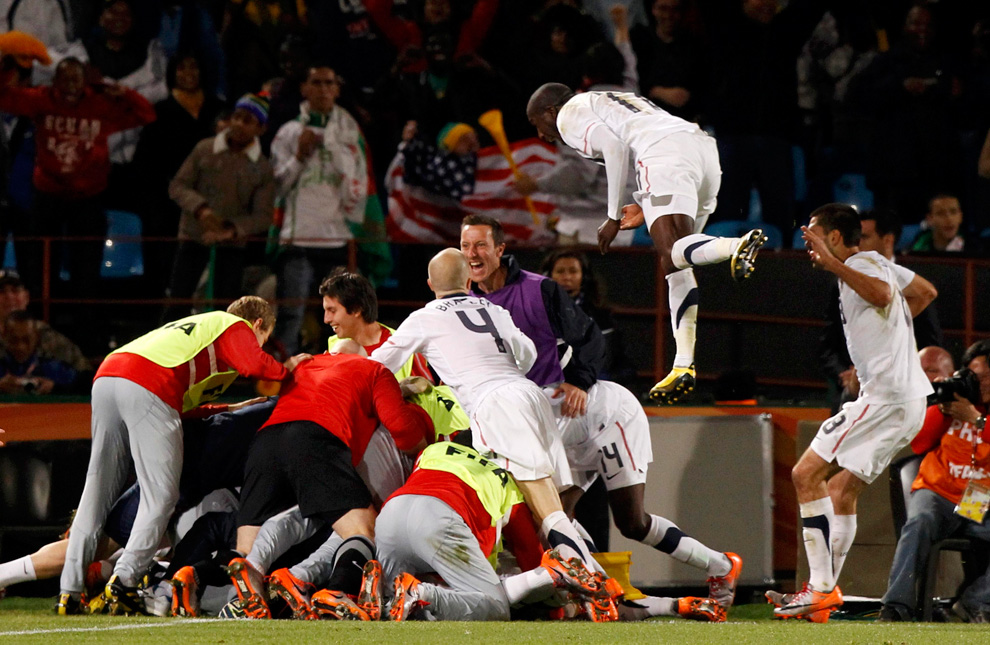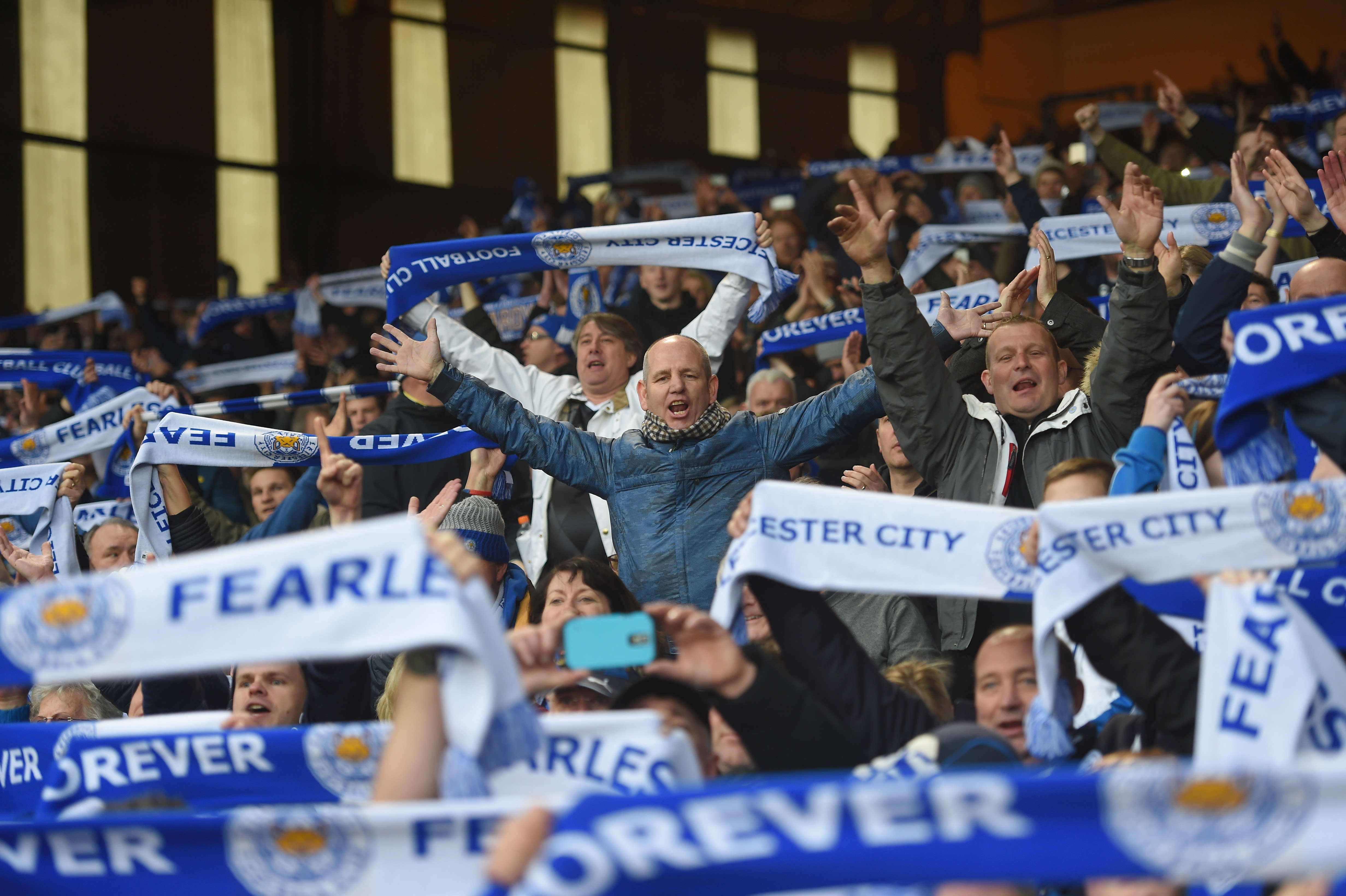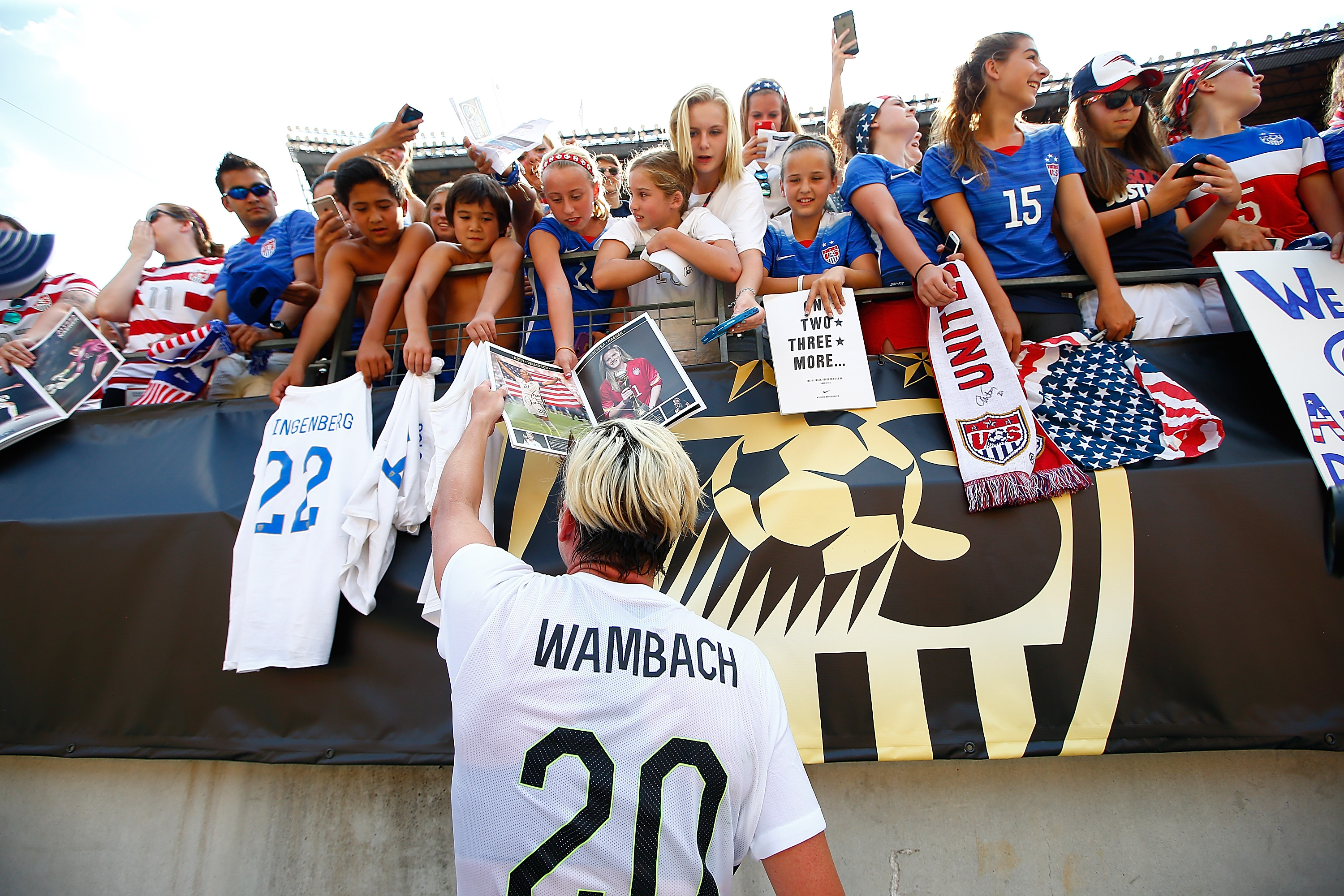Stop me if you’ve heard this before. The England national team dominates opponents during qualifying for a major tournament, gets a lot of hype prior to the tournament only to crash out in hilarious fashion. Of course you’ve heard it before because it’s happened every two years (except in 2008 when they didn’t even make the Euros) since 1996.
On Wednesday, England announced that Gareth Southgate, who took over the senior position on a temporary basis after Sam Allardyce’s one game reign came to an end, would take over the club on a permanent basis ensuring that the same thing will happen to the Three Lions in 2018.
How am I so sure of that? Simple, because England haven’t learned from any lessons from their previous failures.
One of the biggest reasons England keep crashing out of tournaments is that the FA refuses to look at the actual problems, which are internal. Every time England are searching for a new manager we hear the same line over and over again, “England’s manager should be English.” It gets said by pundits and members of the FA and it’s such backwards thinking in today’s game it’s almost unfathomable.
In today’s day and age, international soccer is more international than ever. Because of that, England need a manager like Jurgen Klinsmann. Maybe not Klinsmann exactly but they need someone from outside the system to come in and point out all the flaws in the system because England’s system is incredibly flawed.
Ten years ago, England could argue that they were turning out some of the top players in Europe. It was a fair argument because they had the top players at clubs that were dominating the Champions League. These days that argument isn’t true. Their team is made up of predominantly players on average teams in England or players who aren’t the best players on Champions League clubs (or in Spurs’ case, not good enough to compete in the Champions League).
Every single player and coach, except one which we’ll get to in a second, associated with the English national team these days has come up through the English system, which to be frank, has not been that successful.
There is one exception and that’s Eric Dier who grew up in Portugal and is therefore the only player in the England team that can incorporate some other style into his game. That’s a problem far bigger than who England’s manager is.
If you can’t get a difference in style from your players you should at least get it from your manager. But England didn’t go that route. Instead they looked internally.
To make matters even worse, they set themselves back by two years by hiring the man who was looking after the team on a temporary basis, handcuffing Southgate to the team that Sam Allardyce essentially picked.
What England needed was a no nonsense manager who came in and not only would leave his mark but wouldn’t be intimidated by the FA. That means having the freedom to pick his own team and drop undeserving players from his squad, starting with captain Wayne Rooney. But Southgate doesn’t have that power because when he took over he was only temporary, and thus couldn’t make any moves that might ruffle feathers in the England camp or make it difficult for the next manager. Now that he’s the ‘next’ manager, he’s stuck with Rooney as his captain.
We won’t be able to judge Gareth Southgate until 2018 thanks to the way Europe’s qualifying is set up. The downside to UEFA getting 13 spots in the World Cup, which they deserve, is that it spreads their qualifying groups out very thin. The big teams are all placed in different groups giving them just one or two tough opponents along with several minnows.
Under this format, not only does a team like England not get tested but they don’t learn anything from qualifying. They play attacking football against inferior teams every game and don’t learn how to deal with quality opponents, which is what they will face in Russia.
That’s why right now the appointment of Gareth Southgate won’t look so bad. England will roll through qualifying like they always do. When the real test in the World Cup comes up, they’ll fail, and in two years we’ll be right back where we are now.






